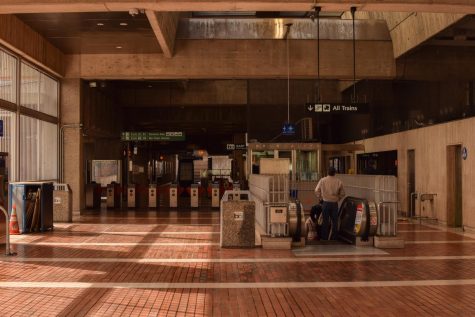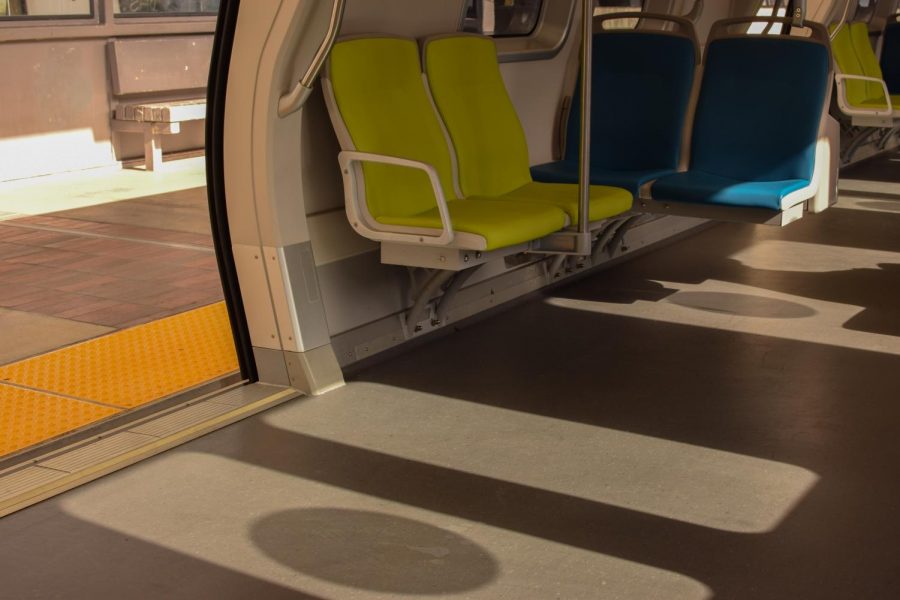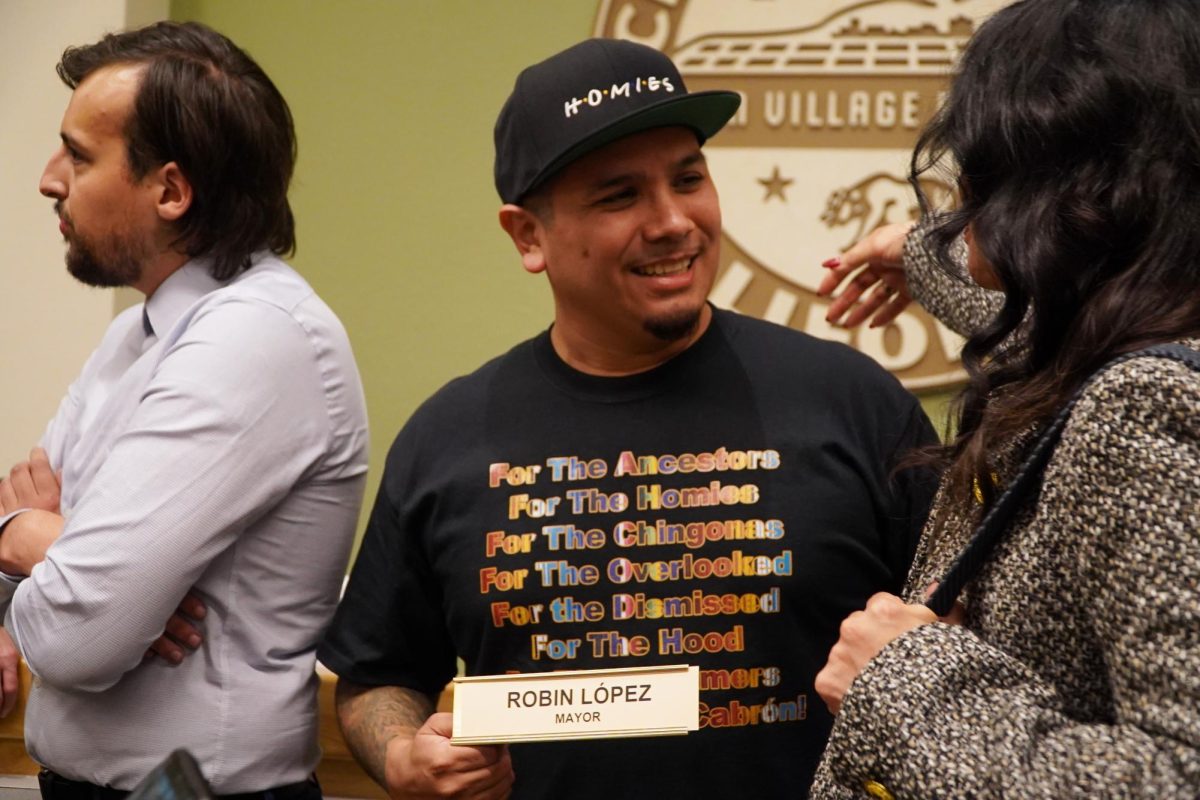When the House voted on Biden’s relief bill late into the night on March 10, House Republicans had a lot to say about ‘Pelosi’s subway.’
Members of Congress, such as House Minority Leader Kevin McCarthy and Senate Minority Leader Mitch McConnell, bashed Pelosi, who represents San Francisco, for the attempt at sneaking in a series of facets that satisfy a Democrat wish list.
“This is a wildly expensive proposal largely unrelated to the problem,” said McConnell. “We’ll be fighting this in every way that we can.”
Others, like Frances Edwards – who helped design security for the BART tunnel for the city of San Jose and currently serves as Master of Public Administration director and professor at San Jose State University – felt that BART deserves help with funding from the federal government due to decline in ridership and sales tax revenue.
Santa Clara Valley Transportation Authority is in charge of the BART Silicon Valley Extension Program, which will expand BART through downtown San Jose to Santa Clara. Coined as ‘Pelosi’s subway,’ this would have provided an important transportation asset to over 1.7 million county residents.
But according to PBS, Republican lawmakers expressed their frustration with this project being included in the COVID-19 relief package. Congressional members felt that there was no relative connection between the project and COVID-19 relief, leading to their decision to remove the funding for transportation from the bill.
“That’s actually incorrect,” Edwards said regarding no connection between the project and COVID-19 relief. “VTA is funded in part by sales tax revenue, it is out of that funding that VTA is paying for its share of the cost of building the subway connector.”
The COVID-19 pandemic put the nation on lockdown leading to a lack of business travel into Silicon Valley. This meant that all of the convention-related businesses were not collecting any sales tax, resulting in a significant drop in sales tax revenue, according to experts at Brookings Institution.
“I think you can make a strong case that there is a COVID-19 connection to funding for the BART extension through San Jose because of the shutdown and the related loss of sales tax,” Edwards said.
A 30-year plan to raise sales tax one-half cent in order to help fund an extension of BART into San Jose was approved back in 2000 by Santa Clara County voters. Residents in the county have been eager to see the plan move forward.
“Santa Clara County voters voted to tax themselves about three times, that’s how much they want this,” said Bernice Alaniz, BART Silicon Valley business operations and communications director. “It’s about a $6.8 billion project for this second phase. It’s six miles, four stations and includes a rail and maintenance yard. Five or six miles include a subway portion, which is in San Jose.”
The BART Silicon Valley Extension Program has been divided into two phases. Phase one extends from Alameda County into Santa Clara County with stops at Milpitas and Berryessa/North San Jose.

The second phase is still in the design and engineering process. This will extend BART through 28th St./Little Portugal, downtown San Jose, Diridon Station and ending service in Santa Clara.
According to John Ristow, director of transportation for the city of San Jose, extending BART through the South Bay would benefit the local community in a variety of ways.
“Connecting San Jose via the BART system to the rest of the Bay Area is very important to San Jose and Silicon Valley for jobs,” Ristow said. “It would also help climate change, mobility and meet many goals of urbanizing San Jose.”
“With the BART extension, San Jose Diridon Station will become the most transit connected and rail transit service hub in the Bay Area, providing connections to California High-Speed Rail, BART, Caltrain, Capitol Corridor, Altamont Corridor Express, VTA and other private services,” Ristow said.
Although the funding for this project was removed from the COVID-19 stimulus package, it should not have any trouble continuing development and construction moving forward.
Funding will be provided through multiple revenue streams including: 2000 Measure A sales tax, 2008 Measure B sales tax, 2016 Measure B sales tax, Regional Measure 3, Pilot Program for Expedited Project Delivery and State of California Transit and Intercity Rail Capital Program.
President Biden is expected to turn his attention toward a $2 trillion infrastructure bill to support the transportation system and create jobs.
“The future infrastructure bill that the Biden Administration is proposing might be a more appropriate place to provide additional funding for the BART subway extension,” Edwards said. “That would not be subject to the limitations of the current U.S. Department of Transportation funding which is already in place.”
The infrastructure bill is still under the negotiating process and will most likely start to receive more attention now that the COVID-19 stimulus bill has passed.








